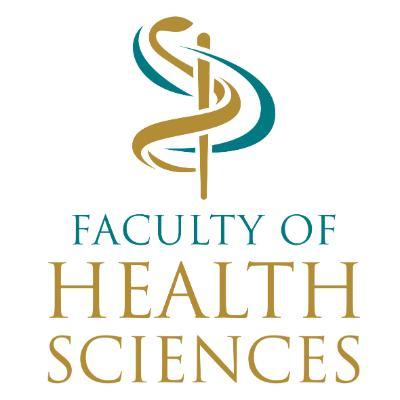Human Databases and Biobanks For the Common Good
- Lisa Rautenbach
On the 22nd October 2016, the World Medical Association announced the approval of the "Declaration of Taipei" - new global ethical guidelines for physicians involved in the collection and use of identifiable health data and biological material in health databases and biobanks.
Prof Ames Dhai, HoD for Bioethics and Director of the Steve Biko Centre for Bioethics played a significant part in the process by way of her appointment to the World Medical Association (WMA) Working Groups as a representative of the South African Medical Association for the Declaration of Taipei.
With rapidly increasing advances in science and technology health databases and biobanks in biomedical research and healthcare are being used extensively. However, the open and evolving nature of these storage facilities have resulted in ethical, legal and social complexities of a nature and magnitude not seen in the past and international policy guidance on the subject has been long anticipated.
The process of developing the Declaration of Taipei took several years and included extensive consultations globally. Two rounds of consultations soliciting 116 . Eight workgroup meetings all over the world and six expert meetings took place.
These guidelines intended to help control the use of health data were significantly influenced by the team at the Steve Biko Centre for Bioethics. Aspects of the guidelines, specifically the ethics construct of the transfer agreement, developing world issues and participants in the developing world, as well as the protection of the expiry of intellectual property and the importance of safe guards against biopiracy were the result of Prof Dhia and the teams careful and thoughtful consideration and expertise.
These guidelines are a milestone in achieving a balance between protecting individual rights over their tissues or data and scientific progress in biomedical research towards the common good.And the first concrete set of international policy guidelines providing ethical direction for the complex issues that arise with activities associated with human databanks and biobanks.


